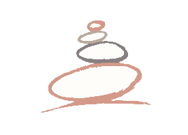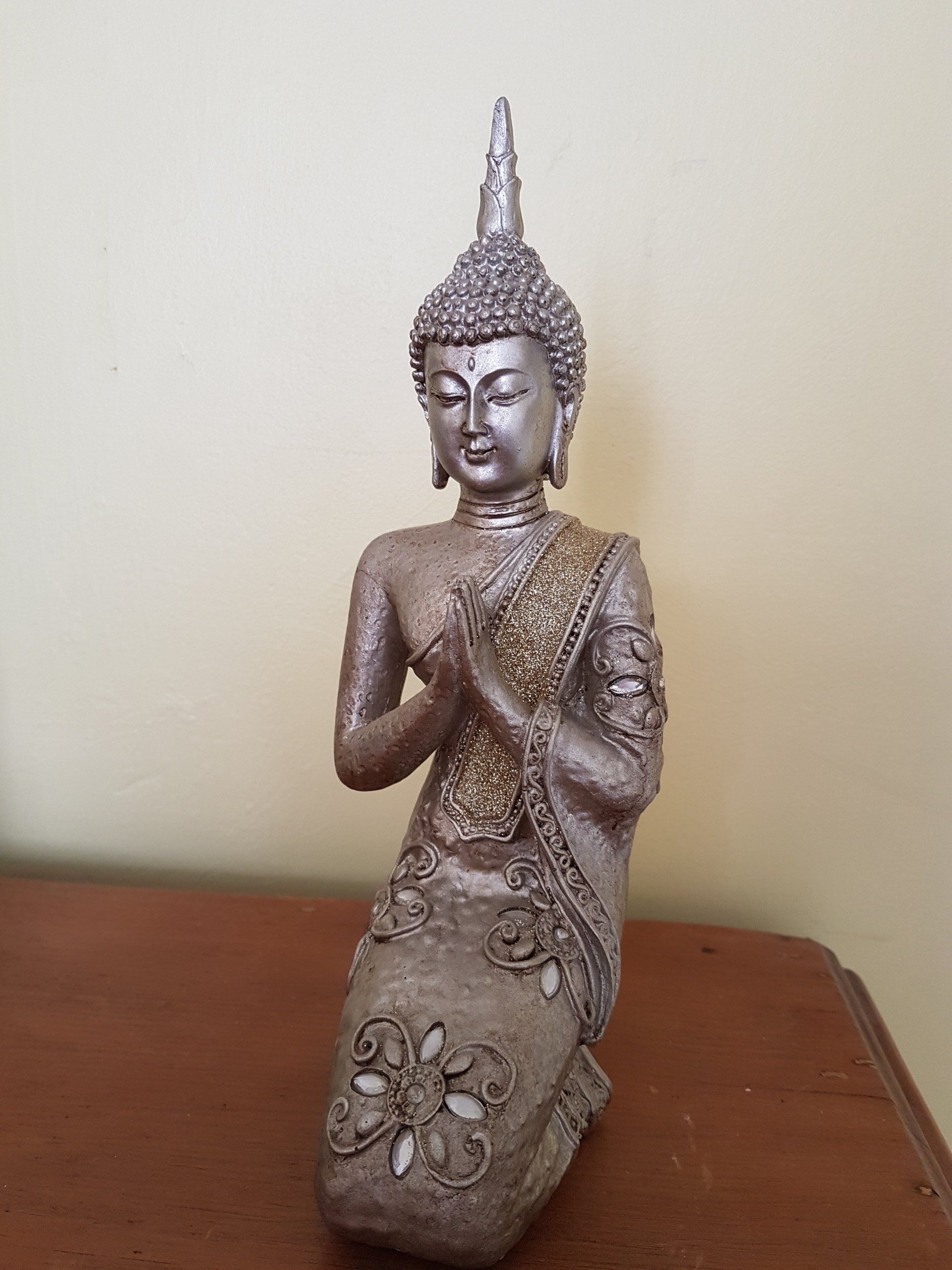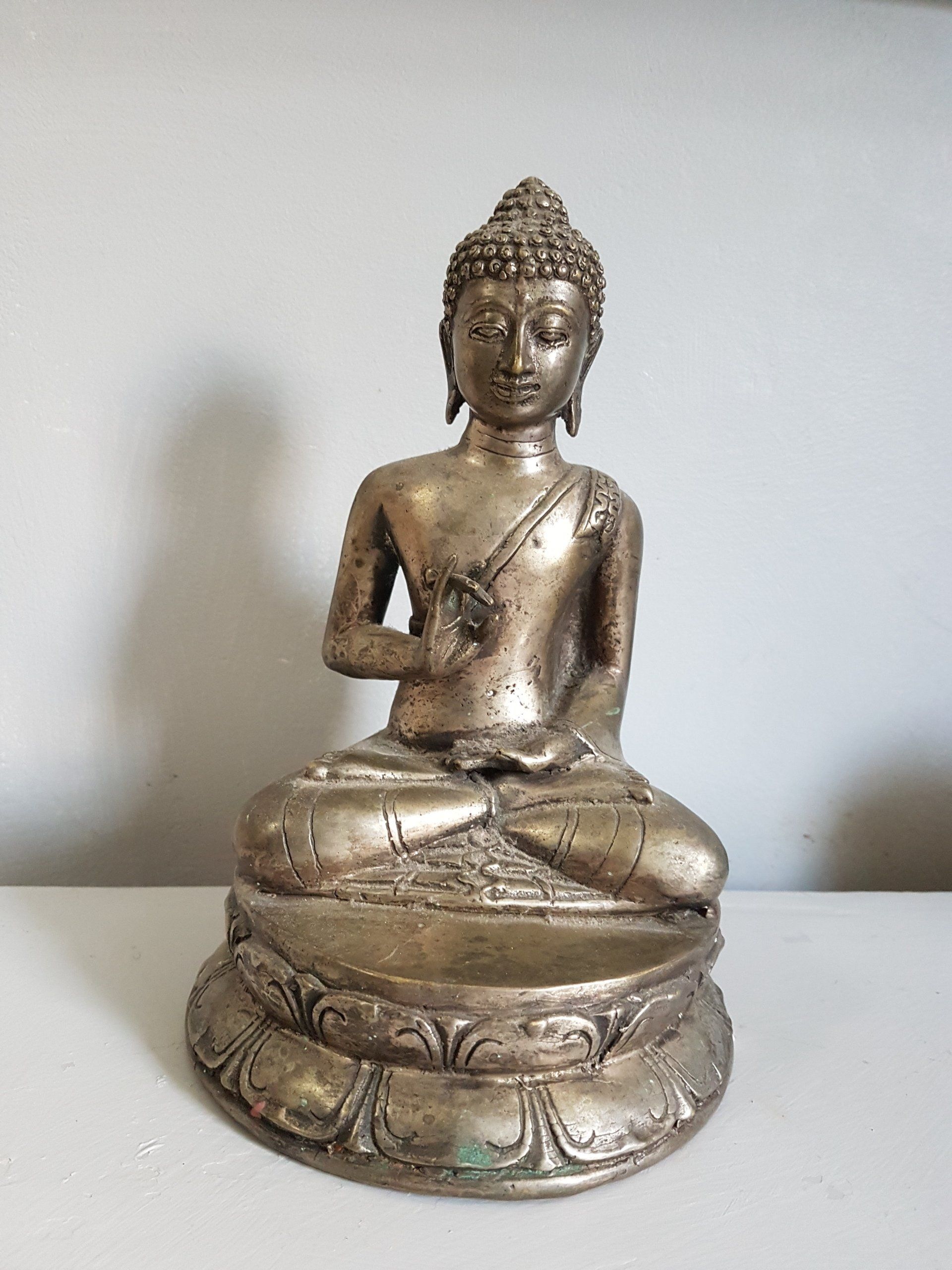Habitude contre dépendance
Pour plus d'informations, téléphonez au ( 44) 08454670612 ou ( 44) 07593809574 ou envoyez-nous un e-mail
Habitude - Action ou comportement répété qui peut être inconscient.Addiction - Participation continue à une activité, une substance chimique ou une substance malgré des conséquences négatives continues.Compulsion - Lorsqu'un inconfort considérable est ressenti si le comportement n'est pas exécuté.Il y a une frontière fine entre l'habitude et la toxicomanie , car une habitude peut rapidement devenir une dépendance et il est difficile de savoir quand cela se produit. La différence entre les deux est qu'une personne peut arrêter une habitude, mais elle perd le contrôle de ses actions avec une dépendance. Une dépendance est une contrainte de faire quelque chose ou d'utiliser une substance, quels que soient les effets négatifs.
Is it a Habit?
Is it a Habit?
Une habitude est définie comme une action ou un comportement répété qui peut être inconscient. C'est quelque chose qu'un individu fait encore et encore, et il peut s'intégrer dans le cerveau afin que la personne commence à le faire automatiquement. Même si une habitude peut être automatique, c'est quelque chose que l'individu a le contrôle et peut arrêter s'il le souhaite. Parfois, les habitudes sont inoffensives, comme envoyer des SMS ou taper du pied. D'autres habitudes peuvent avoir des conséquences négatives, comme la morsure des ongles ou une utilisation excessive d'Internet. Mais si la personne peut s'empêcher de faire l'action, cela n'est pas considéré comme une dépendance.
Est-ce une dépendance?
An addiction, on the other hand, is a mental disease that is categorised by continued involvement with an activity, chemical or substance despite ongoing negative consequences. When someone suffers from an addiction, they cannot control their compulsion, no matter how hard they try or how determined they are to stop. An addiction is an extreme kind of habit. Even though the person may know the devastating effects of their addiction, they do not have the means to stop. Either the person’s mind is so attracted to the substance or the activity, or the person may experience uncomfortable withdrawal symptoms if they stop. It is usually necessary for a person with a true addiction to seek professional help in order to gain control of their life again and stop the negative behaviour.
A Process Addiction
What might start out as a habit that someone does without knowing it can become an addiction that they cannot control. This is especially true about process addictions. Addictions such as gambling, compulsive overeating, excessive exercise, and Internet overuse are called process additions. These activities often begin as a habit, but progress into an addiction. Instead of chemical dependency that people addicted to drugs and alcohol experience, individuals suffering from process addictions are addicted to doing something. The action is more than a habit, because the person cannot stop doing it.
Process addictions often meet a need for the individual, such as managing stress, relieving emotional pain, or helping the person cope with negative thoughts. However, both process addictions and chemical addictions cause serious effects, such as health issues, mental health problems, strained relationships, loss of productivity, and financial issues. Even though addiction has such negative consequences, the person is powerless to end the addiction on their own.














